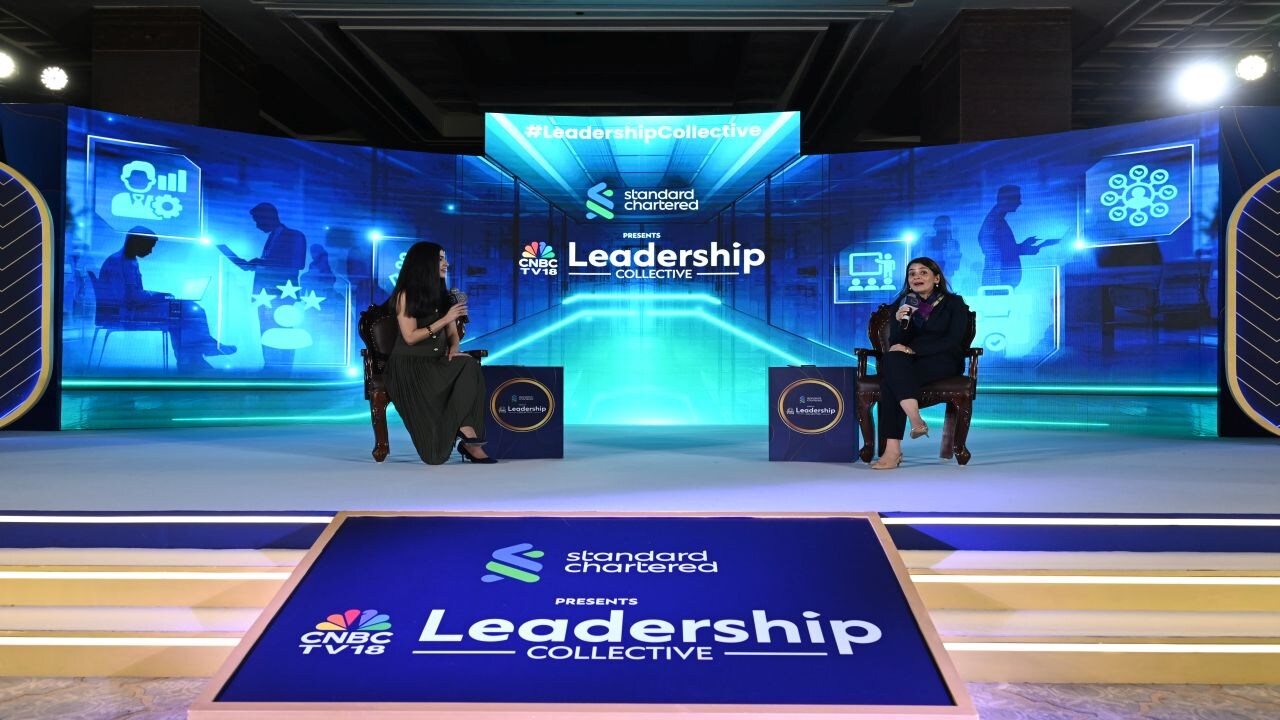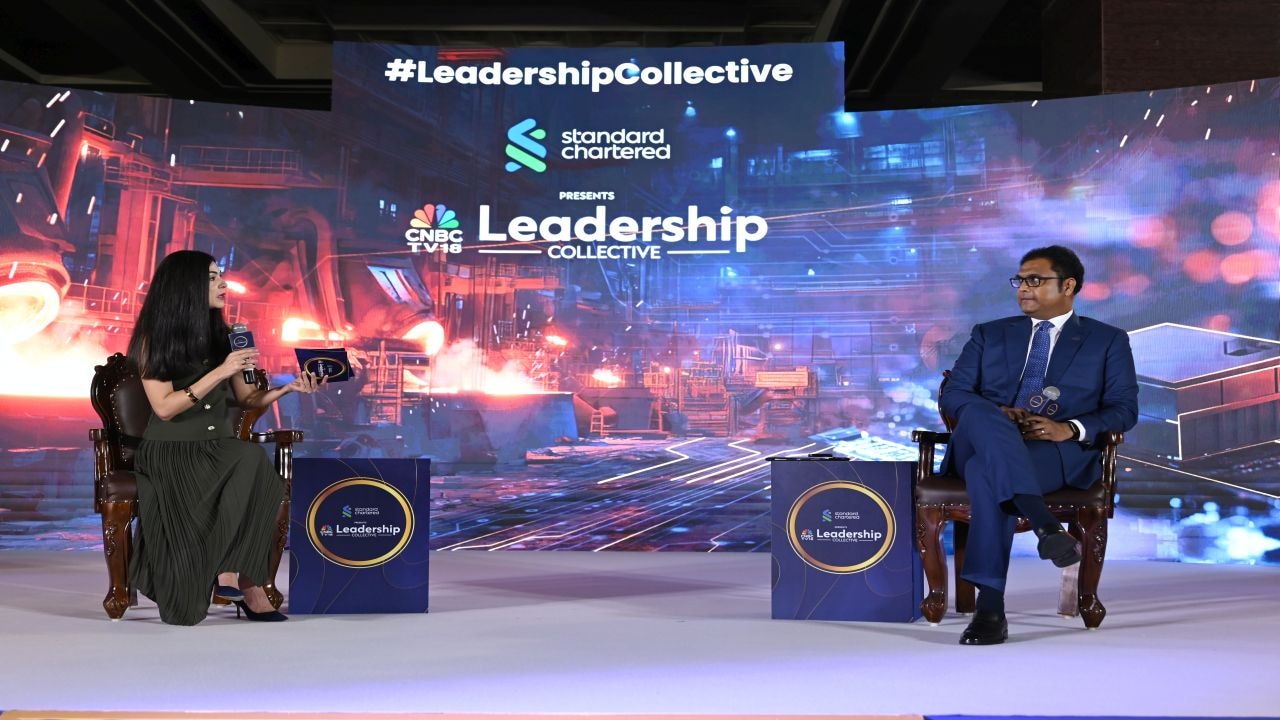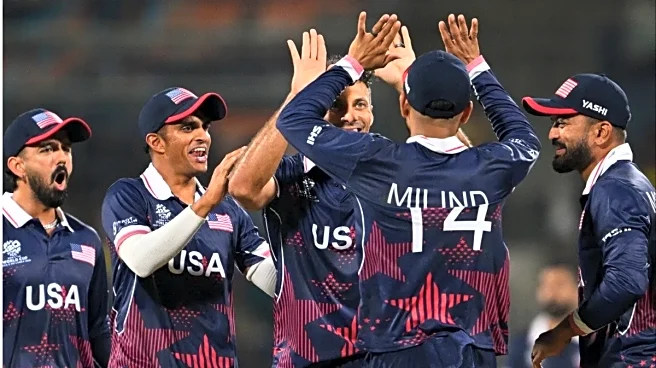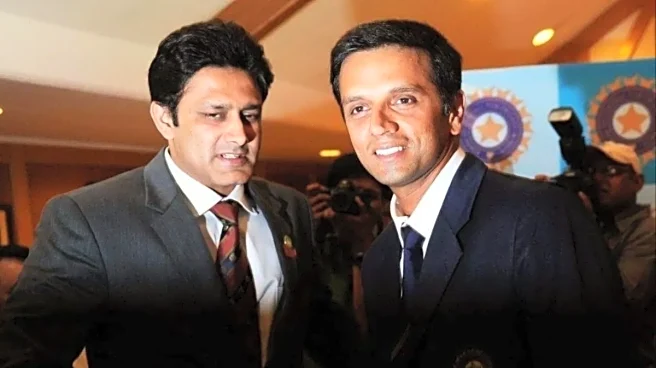It was a conversation about the role of technology in India’s aspiration to be a global hub and the talent and policy framework at the level.

The integration of technology and the Indian workforce was of great interest to many participants. Anand Bhushan, GCC Head, Saint Gobain, reiterated that the industry should focus on the integration of AI with responsible innovation and the building of skill pipelines. He noted
“AI shouldn’t be treated or feared as a job-taker; it’s a catalyst for skill development. By focusing on upskilling and aligning jobs with capabilities, we ensure that talent remains at the heart of innovation and growth.”
Brajendra Navnit, Principal Secretary, Information Technology and Digital Services Department, Government of Tamil Nadu, spoke of the expansion of India’s Global Capability Centre ecosystem and said the industry is in a phase of rapid expansion, supported by a domestic skilled workforce and prospects in foreign markets.
He added, “The GCC narrative is evolving fast from $100 billion to potentially $200 billion by 2030. What makes India stand out is not just cost advantage but capability, our ability to design, develop, and deliver world-class solutions from here to the world.” He also believes the state is now the host of many GGCs for Engineering R&D, product design, Cybersecurity, and other new technologies.
Recent conversations have also focused on the automobile, a sector that is vital to Tamil Nadu’s industrial economy.

Keerthi Prakash VM, MD, Renault Group’s Chennai Plant (RNAIPL), stated that the sector, while arguably one of the major contributors to India’s manufacturing bloc, is also one of the most underexploited.
He stated, “Nearly 49% of India’s manufacturing GDP comes from the auto sector, yet our global contribution is only about 3%. That gap is our biggest opportunity. If we combine manufacturing strength with digital transformation using real-time data from over 5 billion factory data points, we can move from being a supplier to becoming a global leader,” he said.”
Tanuj Kapilashrami, Chief Strategy & Talent Officer, Standard Chartered, underlined, “India’s real strength today lies not just in its scale, but in its skills. The demographic dividend, coupled with a deep focus on digital capability and innovation, is turning India from a service hub into a global talent powerhouse.”
Digital transformation, in particular, will streamline operations through automation, AI, and advanced analytics. All the speakers agreed that the workforce gap can be met by adapting digital tools.
The speakers considered the merging of technological progress and human resources to advance the Indian economy. Swift integration of AI, value-based innovation, global business framework, and adaptation of digitised manufacturing systems will effortlessly integrate with increasing global competition for economic dominance.
/images/ppid_59c68470-image-176416513422163272.webp)

/images/ppid_59c68470-image-177104014803952296.webp)
/images/ppid_59c68470-image-177104006389961167.webp)
/images/ppid_a911dc6a-image-177103853218557950.webp)





/images/ppid_a911dc6a-image-17710364781122582.webp)
/images/ppid_a911dc6a-image-177103642565816962.webp)
/images/ppid_a911dc6a-image-177103504309993710.webp)
/images/ppid_a911dc6a-image-177103508492594205.webp)
